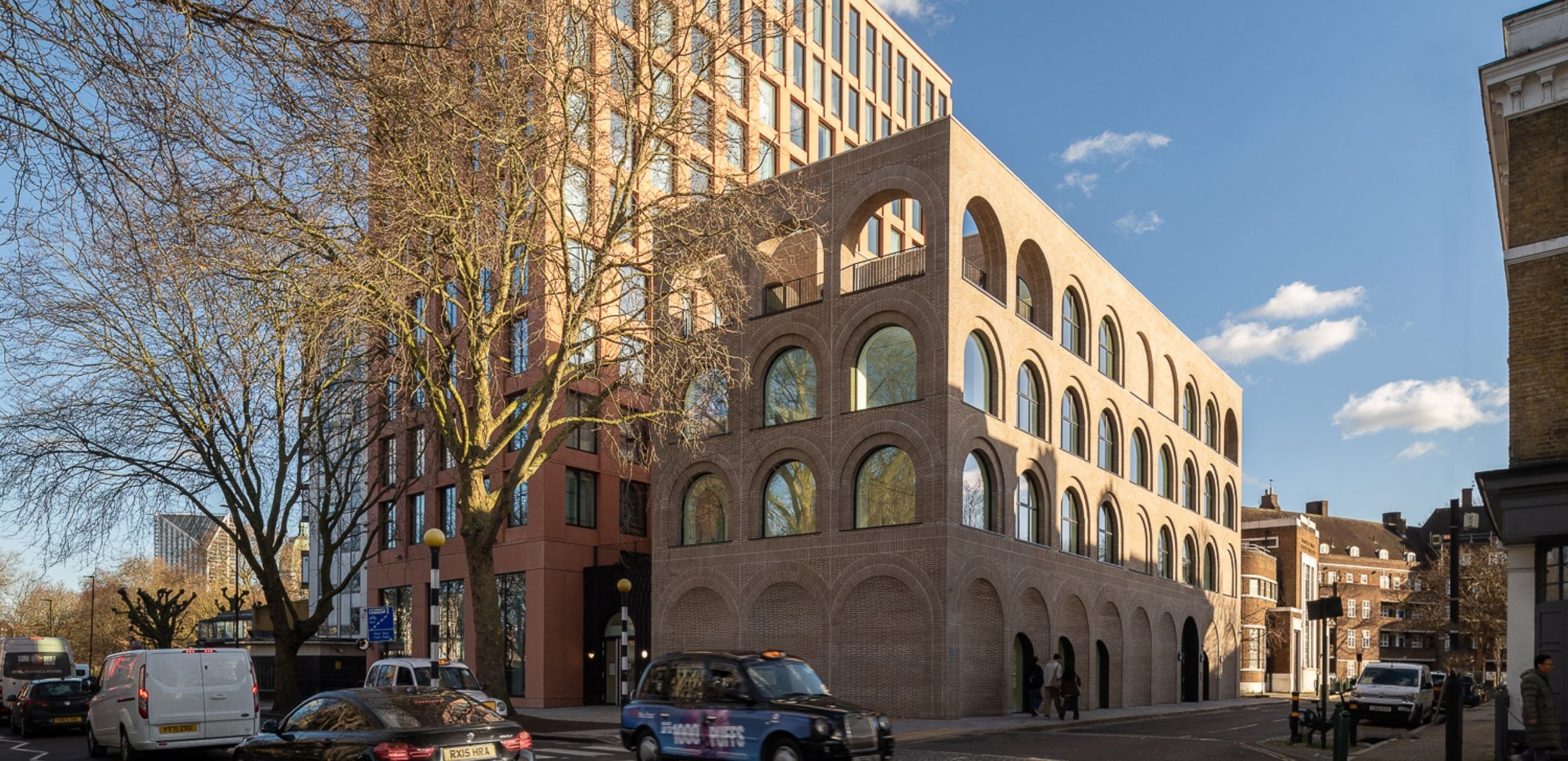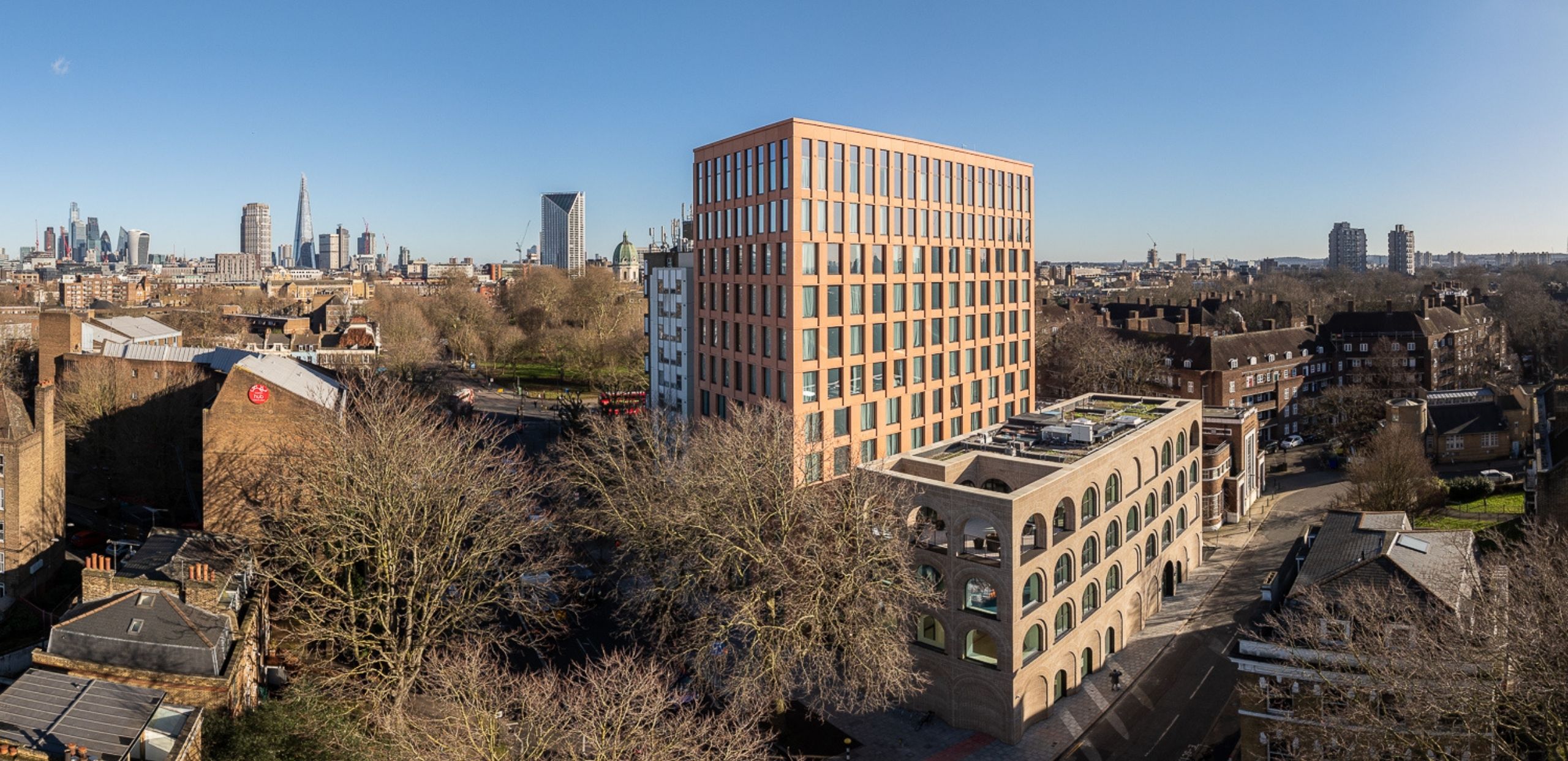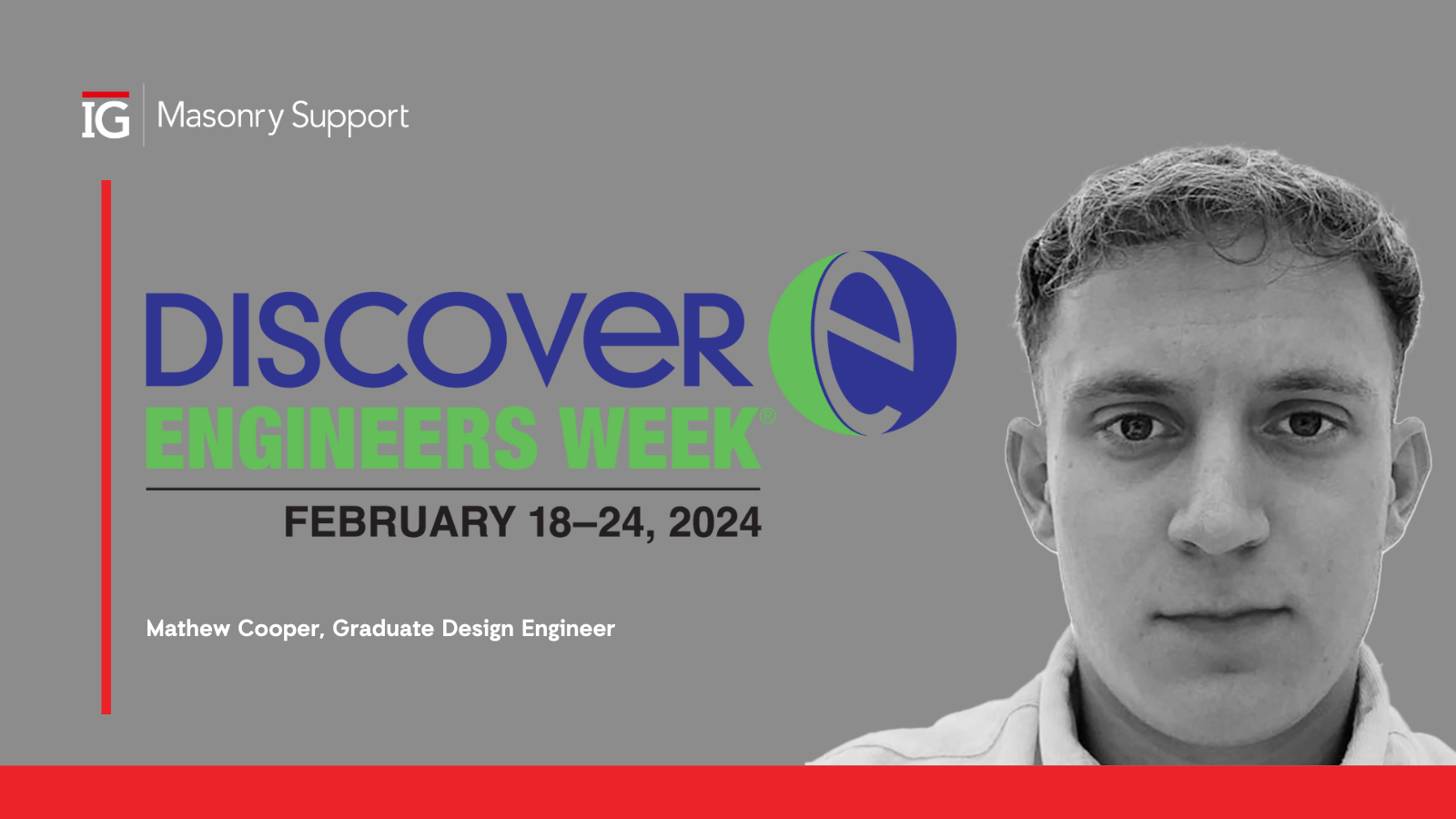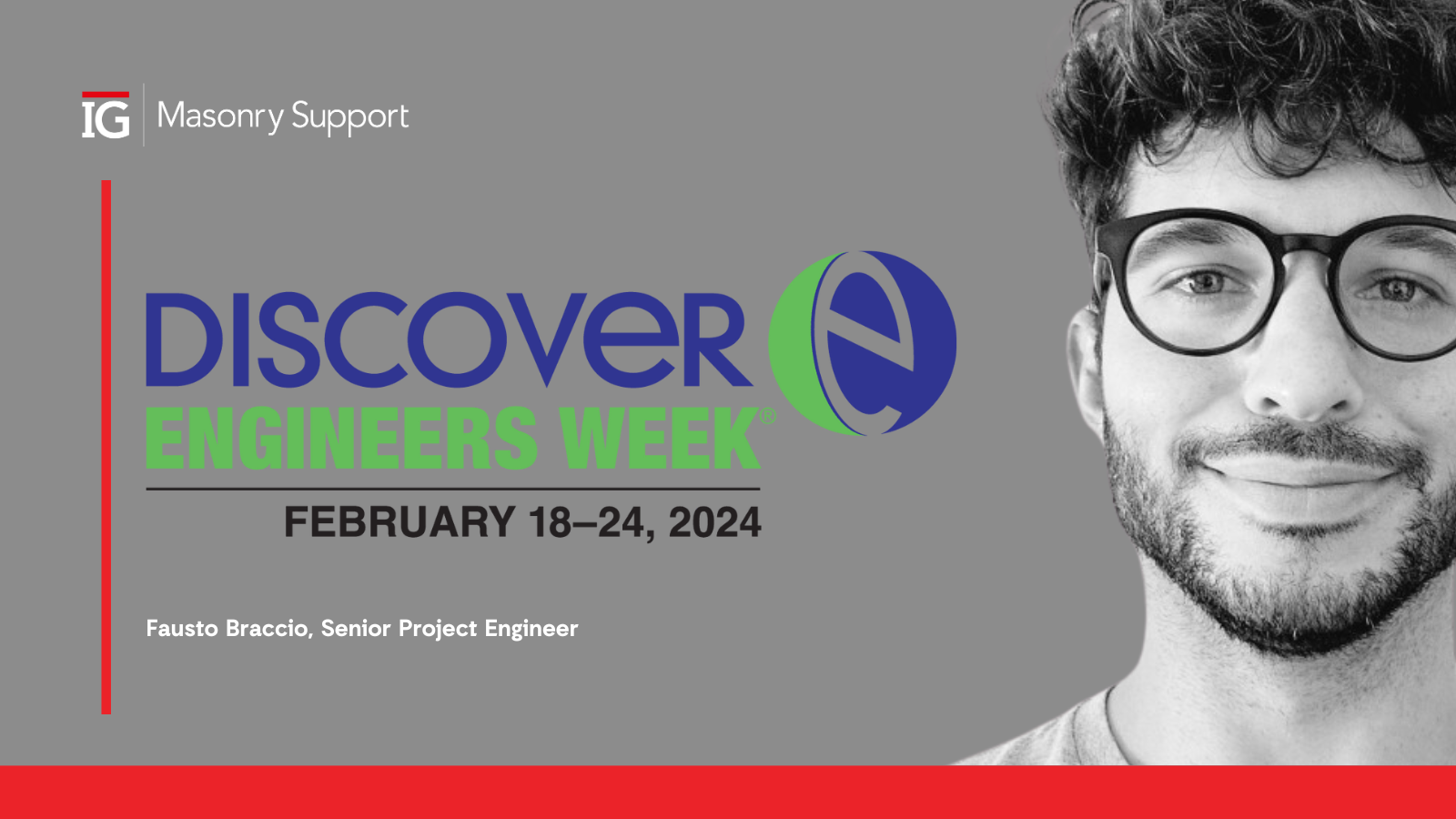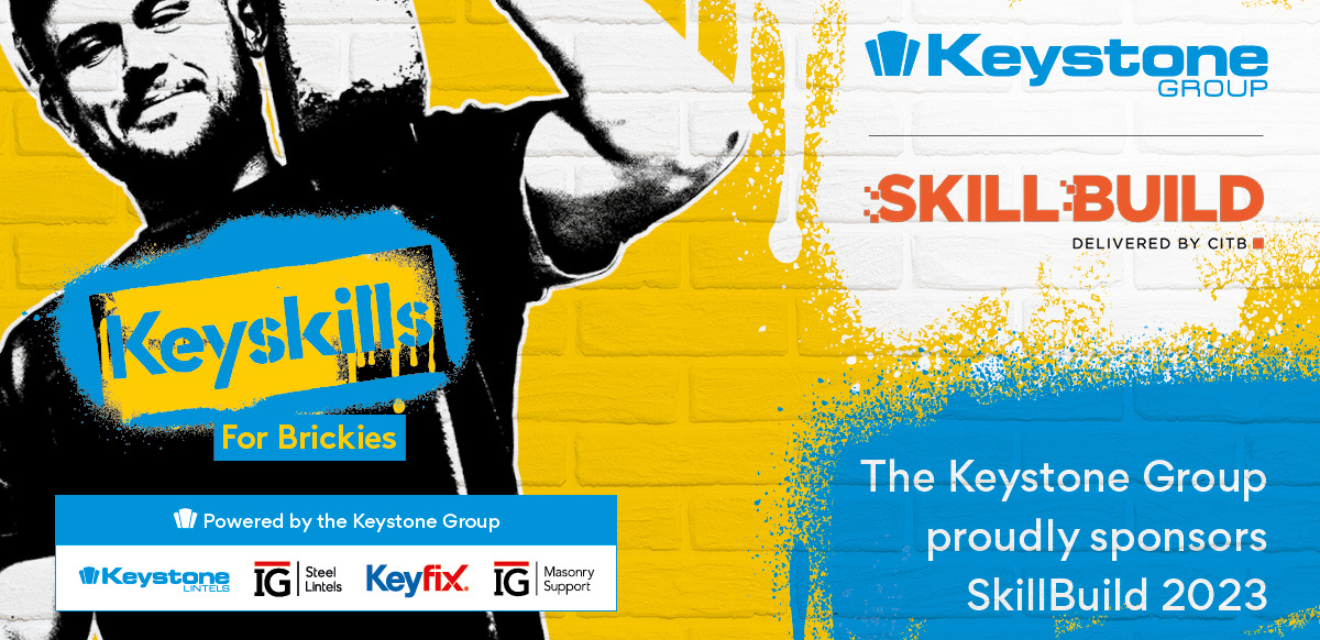IG Masonry Support played a key role in the successful delivery of Lambeth Mission, a striking mixed-use development in the heart of London, featuring a complex arrangement of bespoke Brick Slip Arches that were designed and manufactured to achieve a seamless hand-laid appearance.
Located opposite the Grade II-listed Imperial War Museum, this high-profile scheme includes a 12-storey, 137-bedroom hotel, modern community facilities, and two residential apartments for the Methodist Church. Working in close collaboration with Aros Architects, HG Construction, and brickwork specialists Bishop Ltd, IG Masonry Support designed and manufactured 105 bespoke Brick Slip Arches and more than 120 metres of Welded Masonry Support to meet the project’s structural and aesthetic demands.
One of the most technically challenging aspects of the build was achieving perfect alignment between multiple intersecting arches, especially around the terrace area, which featured 10 interconnected arches, including five internal and one external corner. Each element had to connect precisely while accommodating structural movement joints. IG’s design team developed custom templates and a series of test arches to ensure brick placement remained accurate and visually seamless across every elevation.
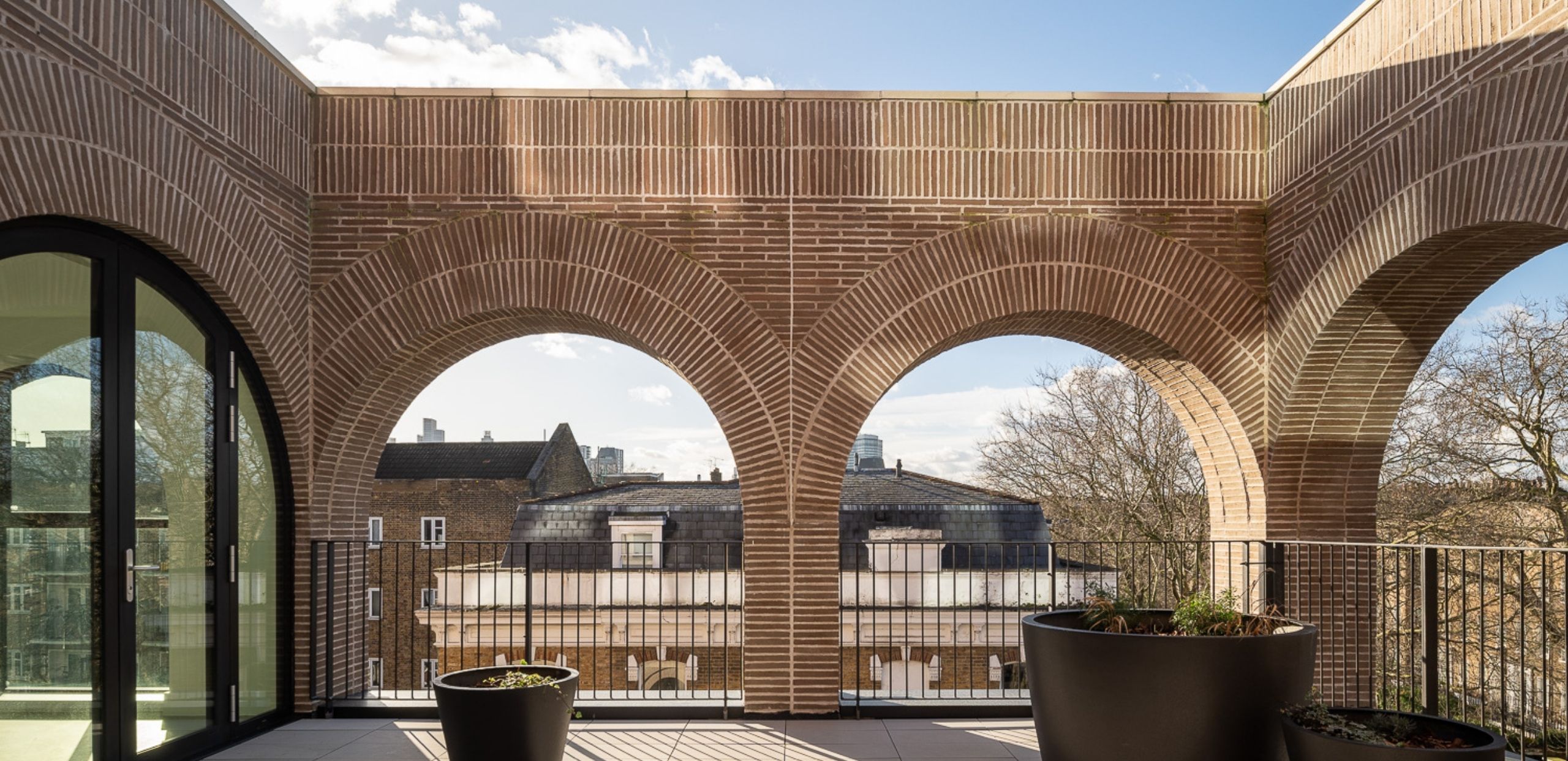
The handmade bricks chosen for the project presented another hurdle. With their natural bowing, irregular sizes and rough edges, they were difficult to cut and align but were essential to achieving the architect’s vision of a traditional hand-laid finish. Using bricks sourced directly from site, IG’s team embraced these imperfections, crafting units in a factory-controlled setting that replicated the authenticity of onsite masonry while saving time and labour.
The Brick Slip Arches and Welded Masonry Support were engineered to bolt directly to the steel structure, accommodating varying cavity widths and complex junctions. Deep soffit units were fabricated in two parts to work around the steel perimeter, with joints carefully pointed onsite to create an uninterrupted appearance.
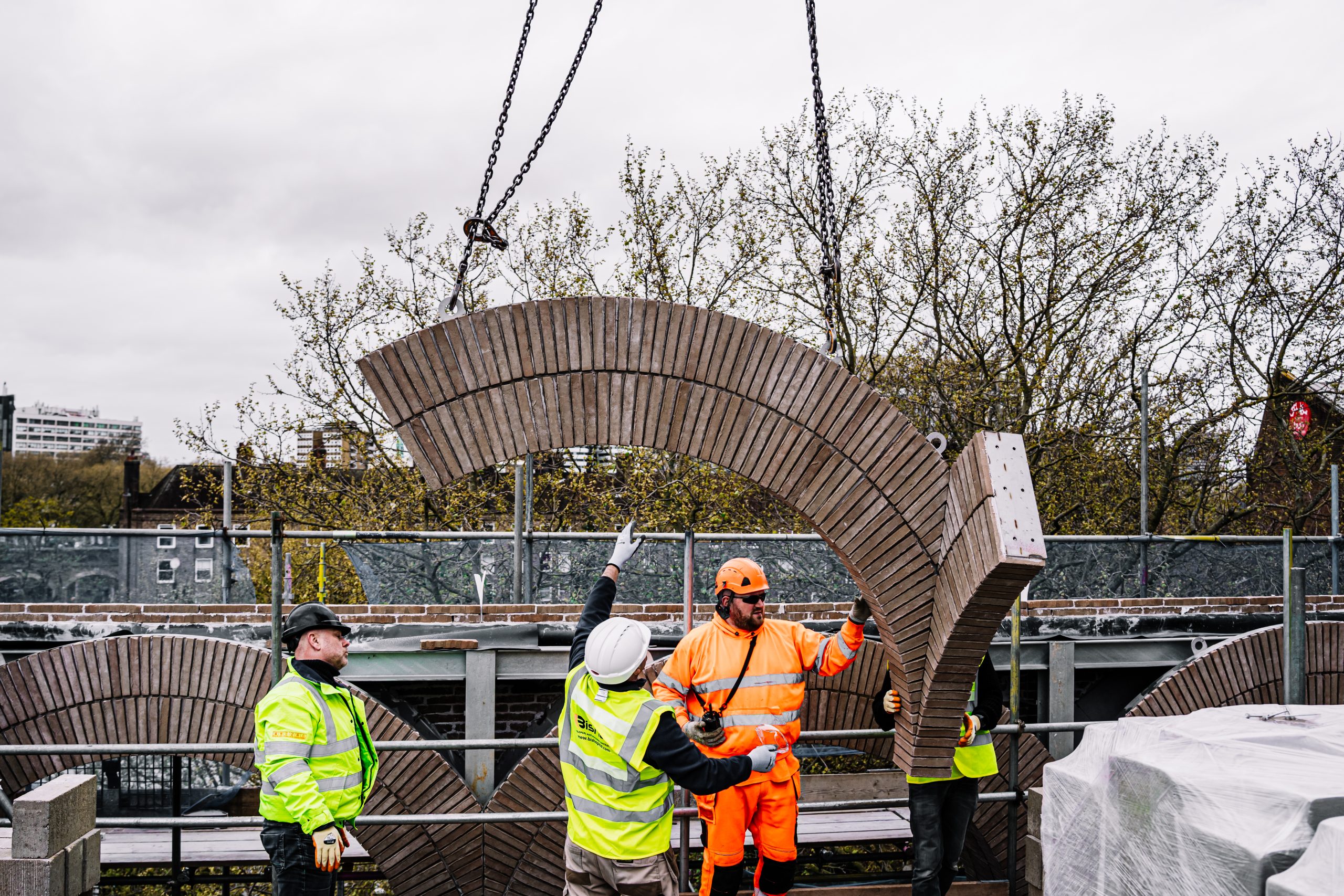
“We approached IG in the first instance because of their known expertise in delivering high-quality masonry support solutions, said Natasha Coutts, Associate at Aros Architects. “They were the first people that we approached, and the only people that we approached. From the very first meeting, it was clear they would be the right fit.”
Antony Dixon, Site Manager at Bishop Ltd, added: “Their engineers were onsite for the installation of the first arch. Whenever I needed support, a quick phone call was all it took. They helped us keep the project moving forward.”
By combining design expertise with off-site precision, IG Masonry Support helped bring Lambeth Mission’s bold architectural vision to life, successfully delivering complex masonry solutions that look as if they were crafted entirely by hand. The result is a standout project that blends modern construction with traditional detailing, and once again highlights IG’s commitment to quality, collaboration, and innovation.
